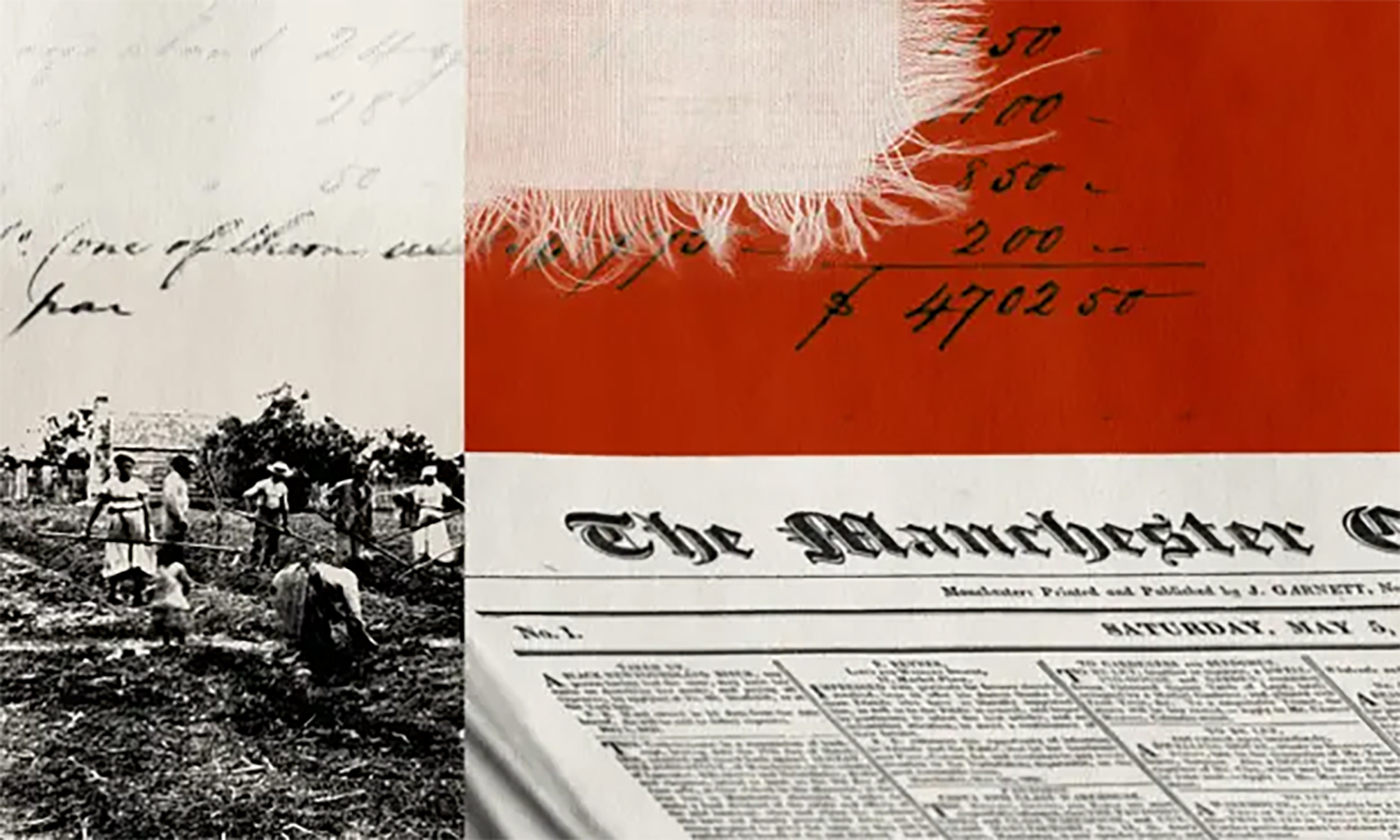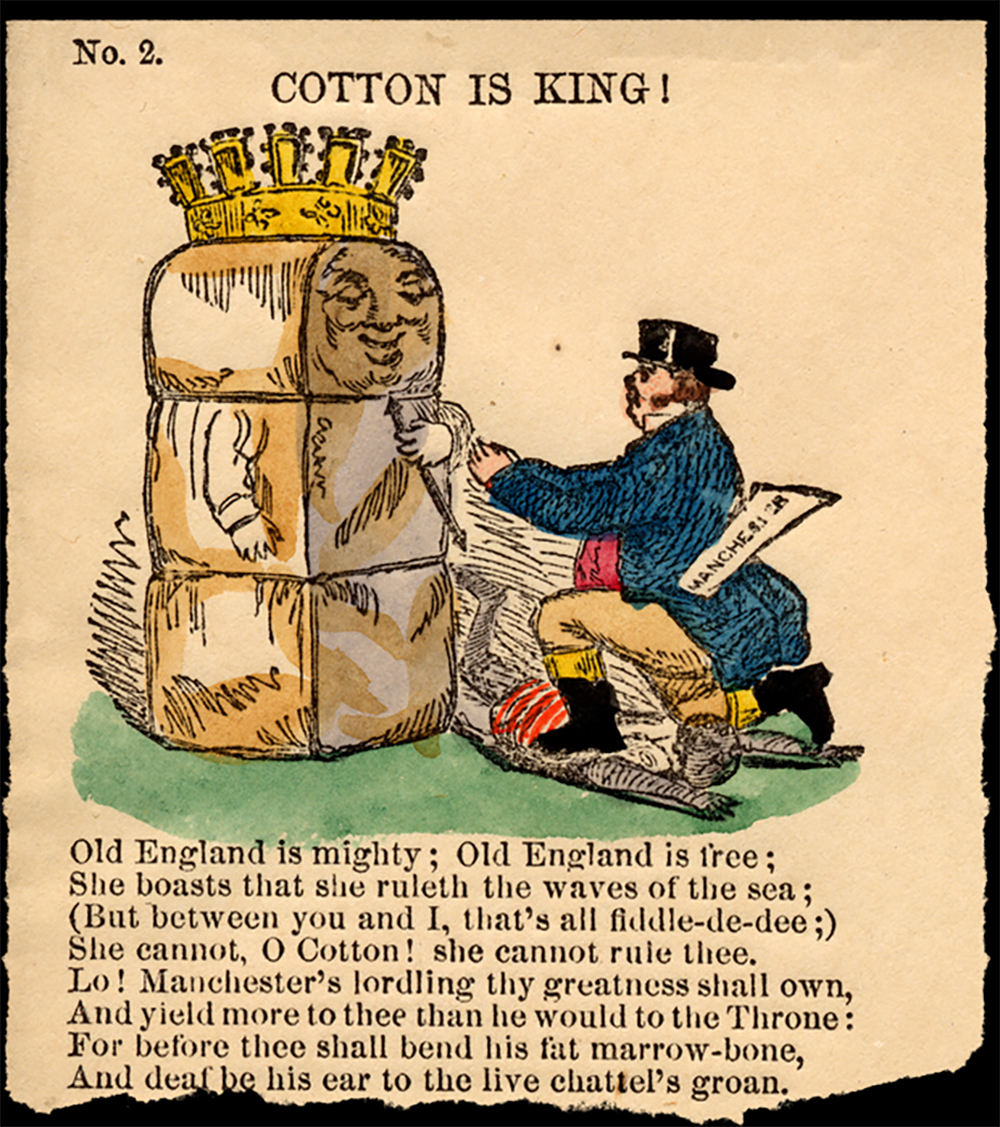
- The owner of the British newspaper The Guardian, Scott Trust, has announced that they will take steps to repair the damage to their past slavery and "restoration justice."

The Guardian publishes the results of an "independent" investigation launched in 2020. According to this, the founders of the newspaper, headed by John Edward Taylor, had slaves on their cotton plantations in the 19th century. The Guardian has identified at least eleven slave sponsors.
Company President Scott Trust, who publishes the newspaper, Jacob Sund, has called for "apologies" for the "role played by the newspaper's creators in the cotton trade" and said that apologizing and accepting these facts is "a first step."
'The Guardian' will devote £10 million to communities of enslaved descendants in the plantations of their founders to boost their projects
Sund announces that the newspaper will allocate £10 million (EUR 11.4 million) to the communities of descendants who worked as slaves on the Guardian founders’ plantations to boost their projects.
The report The Scott Trust Legacies of Enslavement (Scott Trust’s slavery legacy) shows that Taylor and other entrepreneurs had a large network of textile industry companies importing cotton from American territories, such as Sea Islands, South Carolina, Georgia or Jamaica.
Clarifications claiming compensation
In some cases they also owned slaves, such as George Philips, with a plantation in Jamaica, and when Britain abolished slavery, in 1835 he asked the government for compensation for the "loss of human beings from his property."
For two centuries, the United Kingdom has been paying compensation to former slaves for the withdrawal of their "good", a debt that Hacienda ended in Bristol in 2015.
The Guardian has also identified some names of people who had been slaves of their creators, such as the Granville, who played an important role in the Christmas Slave Revolution of 1831 in Jamaica.

"New journalistic role"
The Justice for Restoration Fund will open in Jamaica and Gullah and Geeche, the territory of the Criolla language and culture created by the slaves freed on the North American coast, gullah and geeche, a program to support their projects in the next decade.
In addition, the newspaper announces new reports on black communities and the creation of "new journalistic roles" in this area. The Guardian will also create scholarships for black journalists.